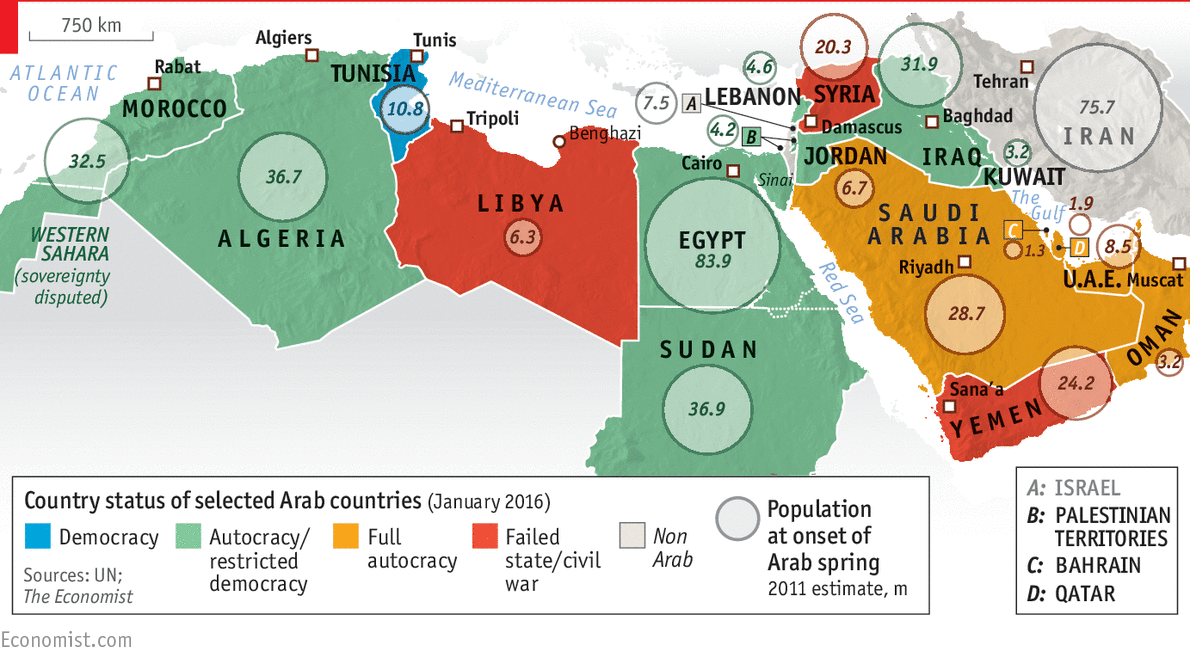Turkish Interior Minister Süleyman Soylu has said Turkey could send 15,000 refugees to Europe to shock the Europeans following a recent diplomatic crisis between Ankara and Germany and the Netherlands that stemmed from the latter’s decision to bar Turkish ministers from staging rallies there.
“We have a readmission deal. I’m telling you Europe, do you have that courage? If you want, we’ll send the 15,000 refugees to you that we don’t send each month and blow your mind. You have to keep in mind that you can’t design a game in this region in spite of Turkey,” Soylu said at an event late on March 16, referring to a readmission deal between the European Union and Turkey to return migrants to Turkey who have illegally crossed the Aegean Sea to Greece.
As part of the agreement, Greek officials are obliged to return refugees trying to reach Western European countries via Greece and return them to Turkey.
Soylu said Germany and the Netherlands were trying to complete what they could not accomplish during the Gezi Park protests, the December 2013 graft probes– which targeted figures close to the government and resulted in lasting enmity between the Justice and Development Party (AKP) and the followers of the U.S.-based Islamic preacher Fethullah Gülen – and the July 2016 failed coup attempt, which is widely believed to have been masterminded by the Fethullahist Terrorist Organization (FETÖ).
○ Turkish FM warns of ‘religion wars’ in Europe in remarks on Dutch elections
“Who are the main ones trying to get things done? Germany and the Netherlands. Are the elections going to be held in Germany? Will the charter change in Germany or the Netherlands?” he said, referring to the April 16 referendum that will decide whether the current parliamentary system should be replaced by an executive presidency with vastly enhanced powers for President Recep Tayyip Erdoğan.
“This is our internal issue. What do you care? Why are you getting involved in it? Did you accept Turkey into the European Union? Did you provide support to Turkey in its fight against terrorism?” he said.
- ○ Turkey ‘expels Dutch cows’ amid diplomatic crisis
○ Muslim Brotherhood (MB) Axis Egypt – Turkey – Qatar Faces Defeat By Oui @BooMan on July 7th, 2013
○ Al Jazeera of Qatar and MB close relationship with HRC
Sultan Erdogan has gone a long ways astray from his earlier boost as exemplary from
Secretary of State Hillary Clinton: remaking of the the Arab Spring nations in His Image. A deity.
Erdogan’s Arab Spring Tour | MEI – Sept. 2011 |
When President Obama met with Turkish Prime Minister Recep Tayyip Erdogan on Tuesday, the two discussed cooperation on Syria, counter-terrorism and supporting the Arab spring. But a central theme of the talks, and what most concerns the U.S. at the moment, is a sharply deteriorating Turkish relationship with Israel that the U.S. hopes to reverse. Conversely, this deterioration was the source of much acclaim when Erdogan visited Arab spring countries last week.
Erdogan’s historic visit to Egypt, Tunisia and Libya last week was noteworthy on several fronts, not the least for the near hero’s welcome he received in a region long suspicious of Turkey as the heir to the Ottoman Empire, which ruled over the Arab world for nearly 600 years.
Displaying Turkey’s new confidence and regional assertiveness, the Prime Minister attracted widespread acclaim in these “Arab Spring” countries, largely due to his outspoken support for the Palestinians and the perception among Arab publics that Erdogan’s ruling Justice and Development Party (AKP) could serve as the model for their own democratic transition.
The timing of the visit — coming just after Turkey expelled Israel’s ambassador over Israel’s refusal to apologize for last year’s raid on a Gaza-bound flotilla, and just before a vote in the UN on Palestinian statehood — along with Erdogan’s statements about the secular state in Turkey, sent strong messages to the West, the Arab world and Iran.
In the first message, Turkey reinforced its intention to become a key player in the new regional political and strategic environment. After sharply criticizing its former ally, Syria for its brutal crackdown on peaceful opposition protesters, Turkey now intends to make Egypt the lynchpin of its Arab engagement, politically and economically. On the political front, both countries have recently clashed with Israel, and Turkey has signaled that it intends to defend the Palestinian cause as vociferously as any Arab country. Foreign Minister Ahmet Davutoglu, who accompanied Erdogan on the visit, said Turkey seeks to form “an axis of democracy” of the two biggest nations in the region. In return, Turkey expects to receive Arab support for any mobilization it undertakes to bring Israel before the International Court of Justice over the flotilla encounter.
On the economic front, the Turkish leaders were also accompanied by 280 businessmen, with Davutoglu predicting that Turkey’s $1.5 billion investment in Egypt would grow to $5 billion within two years.





